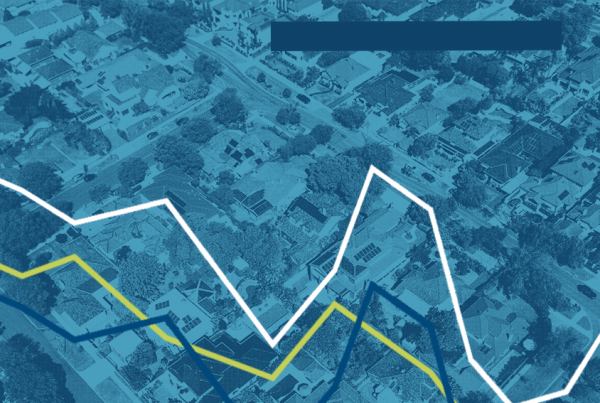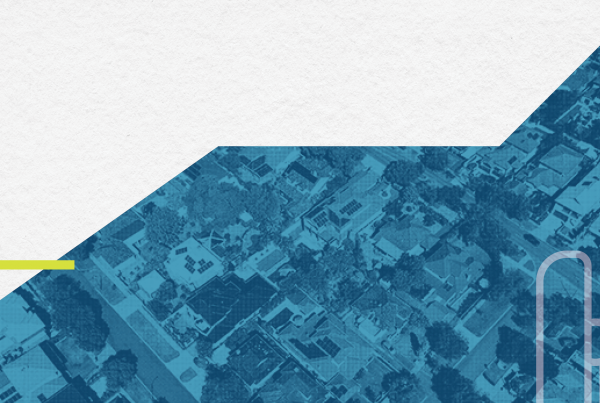As interest rates hover near record lows, are you thinking about joining the 65% of Americans who are homeowners? If so, it is important to understand what you’re getting into before you make the leap because buying a house is a big commitment that will impact your finances for years. If you are trying to decide whether now is the time to buy your first home, here are six signs you’re ready.
- You have a down payment. Traditionally, having at least 20% saved to use as a down payment on a house can provide the best interest rate scenario. But setting aside that amount of cash can be tough for many people. Fortunately, you can qualify for a mortgage with less—usually around 5%. If you put more down, you will reduce the amount you have to borrow, which can help lower your monthly mortgage payments.
- Your job is secure. Unless you plan on making an all-cash offer, you’ll need to be able to show lenders you can repay your mortgage. That means you need a steady paycheck.
- You plan on staying put. Closing costs — which include the commission you pay your real estate agent, appraisal and title search fees and more — are a substantial expense in the home-buying process. In general, it takes years to recoup these fees when you buy or sell a home. If you don’t plan on staying in one place for a while, it may not make financial sense to buy. If you plan on moving within a few years and have your heart set on buying, you may want to consider an ARM loan. ARMs have lower interest rates during the introductory period (usually 1 to 10 years) that adjust after that so they’re in line with current mortgage rates.
- Your credit’s in good shape. One of the biggest factors lenders use to determine your mortgage rate is your credit score. In general, people who have higher credit scores are more likely to qualify for lower rates, and lower rates make your mortgage more affordable.
- You’ve paid down debt. Another major factor lenders evaluate when reviewing your loan application is your debt-to-income ratio (DTI). You can have a lot of debt and still have a decent credit score. But if you are tapped out making your existing debt payments, you may not be able to qualify for a mortgage. And buying a house with a high DTI may not be in your best interest.
- You’re ready for the added responsibility. When you rent, property maintenance and repairs are included in your monthly rent payments. You can call the property manager to fix your leaky faucet or furnace that’s on the fritz. As a homeowner, you are responsible for finding a qualified technician and covering the cost of repairs. In general, experts recommend setting aside 1% to 4% of the home’s purchase price for routine maintenance and repairs each year.
If you are ready to buy your first home or you want to learn more about the types of mortgages available, give us a call today and one of our Licensed Mortgage Professionals will be happy to help.




